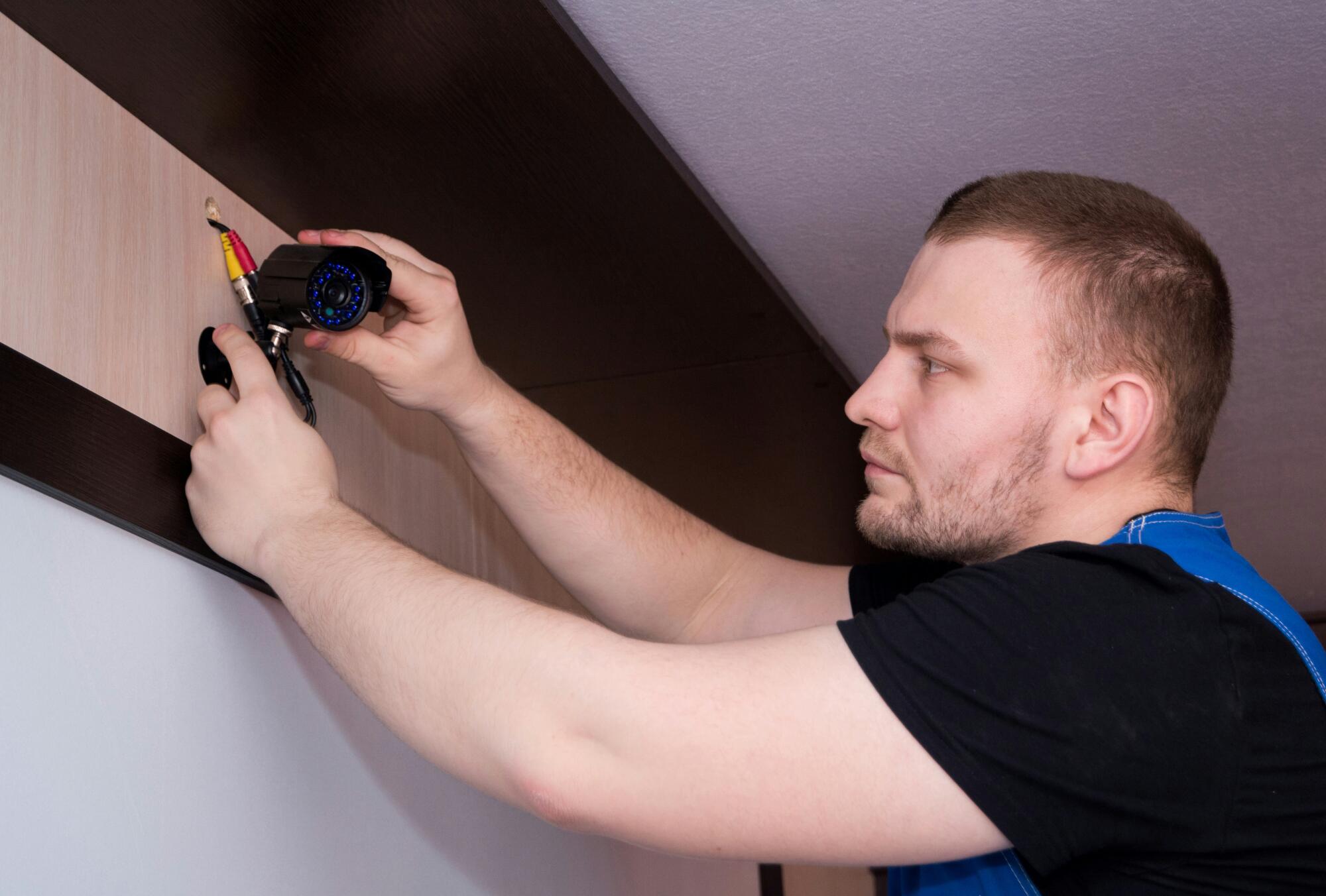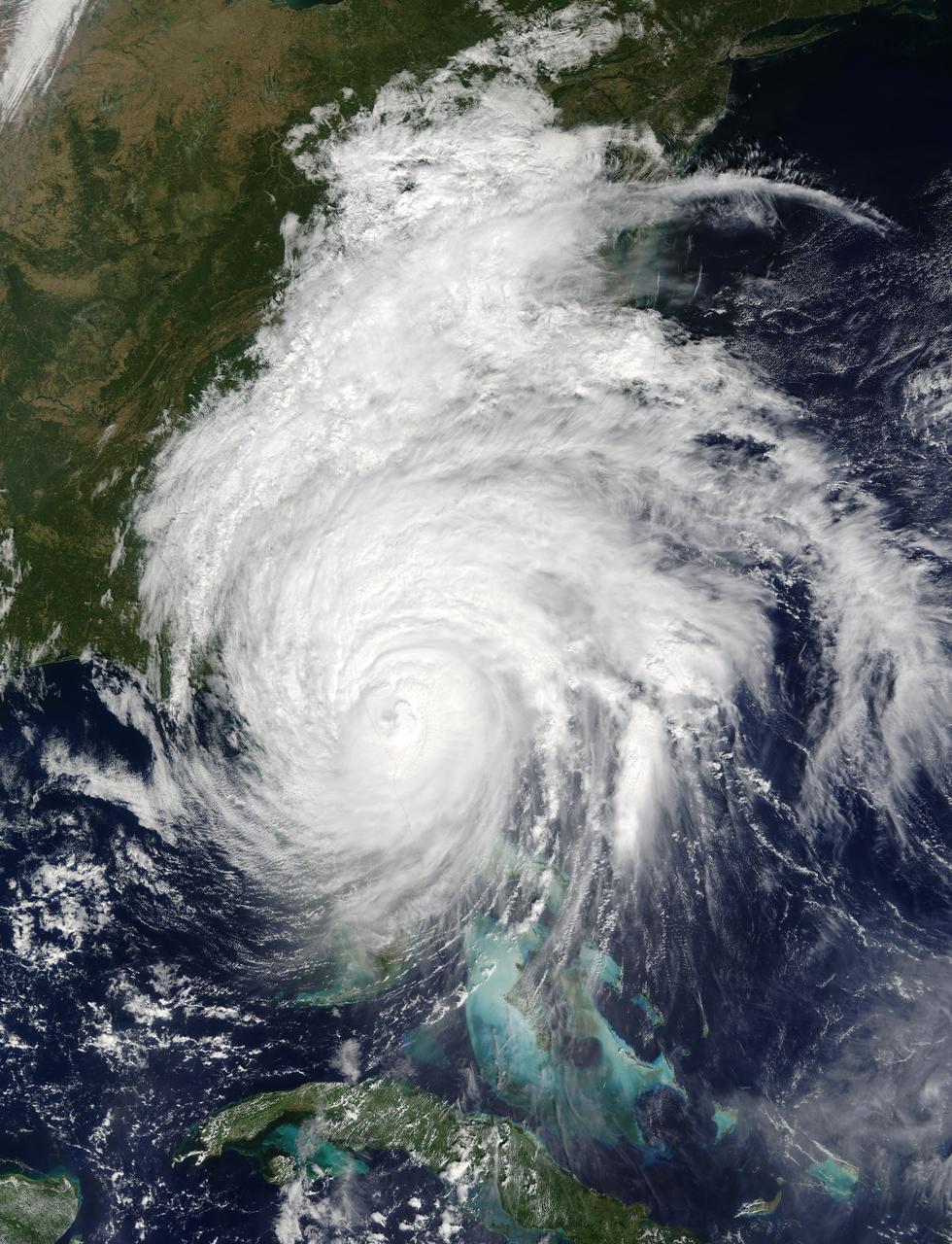The purchase of a new home is exciting, but it can also be a little scary. You want to make sure you are making the right decision.
Part of that decision process is knowing the home is structurally sound and free from termite damage.
Termite inspections are not required in all home buying cases, but it is still a good idea for peace of mind and a solid investment.
Why Is a Termite Inspection Important?
A termite inspection if different from the home inspection that is standard to determine the overall condition of the home for the buyer.
A WDO (wood destroying organism) specialist will check for signs of termites from the foundation to the attic. It takes about an hour and they will provide a detailed report of any damage and the cost of treatment.
Early termite damage can be difficult to spot for anyone other than a trained professional. Termites are small, but they move in large numbers and work silently to create damage in your home.
This damage can mean expensive repairs and many insurance companies do not cover this type of destruction. They believe it to be preventable and many homeowners have to pay out of their own pocket.
Taking the step to have a termite inspection prior to buying the home gives you valuable information on whether to proceed and can also save you thousands of dollars down the road.
What Type of Damage Do Termites Cause
Termites feed on wood. They can cause severe damage to the walls and foundation of a home. Ceiling beams are also a big target.
Termites can access your home through the foundation or anywhere that wood touches the dirt. They also can come in through damp crawlspaces.
Even if the home is not made of wood, termites can still cause damage. They can work their way in through vinyl siding or plaster and go to work on wood inside your home such as cabinets and wood flooring.
Destruction from termites often looks like water damage. The floors or walls may buckle like they have become wet. In some cases, the tunnels and mazes that they build can be seen.
Unfortunately, by the time it becomes noticeable, the impact is pretty significant. Having a termite inspection is often the only way to catch an early infestation.
When Termite Inspections Are Required
Before a home loan can be secured, most lenders require proof of homeowner’s insurance. A termite inspection requirement falls with the insurance or lending company. They determine if one is mandatory.
Even if the homeowner’s insurance policy does not require a termite inspection for a home purchase, many lenders will take that extra step and request one.
If your loan is through the VA (Veteran’s Affairs), the home is required to have a termite inspection.
An FHA loan (Federal Housing Authority) also requires one.
Routine Inspections
Even if the home you purchases passed the initial inspection, you should schedule routine inspections to avoid any problems in the future.
Termites are very small and quite abundant. Just because your home did not have them when bought, they can easily come in from a neighboring building and start on your home.
Left undetected, your home will be open to all kinds of devastation.
A yearly inspection will keep your peace of mind and your home intact.
Preventative Maintenance
Once you have moved into your termite-free home, there are things you can do to keep it that way.
Keep the moisture to a minimum. Repair all leaks to faucets and water pipes.
It is also important to keep confined areas like the attic, basement or crawl space well ventilated and moisture-free.
Keep your gutters and downspouts in good working order and faced away from the home.
Store any excess wood or firewood at least 25 feet from the exterior of your home and 6 inches off the ground.
Keep all mulch at least a foot from the foundation.
Finally, just keep an eye on things. Watch for any changes to the wood on the outside of your home. If anything looks suspicious, contact a termite professional right away just to make sure everything is protected.
The Right Choice
Having termite inspections before buying a home is the right choice. Even if it is not required, you will go into this decision with all the information to keep your home safe.
If you have any addition questions or need inspection services, please contact us.










